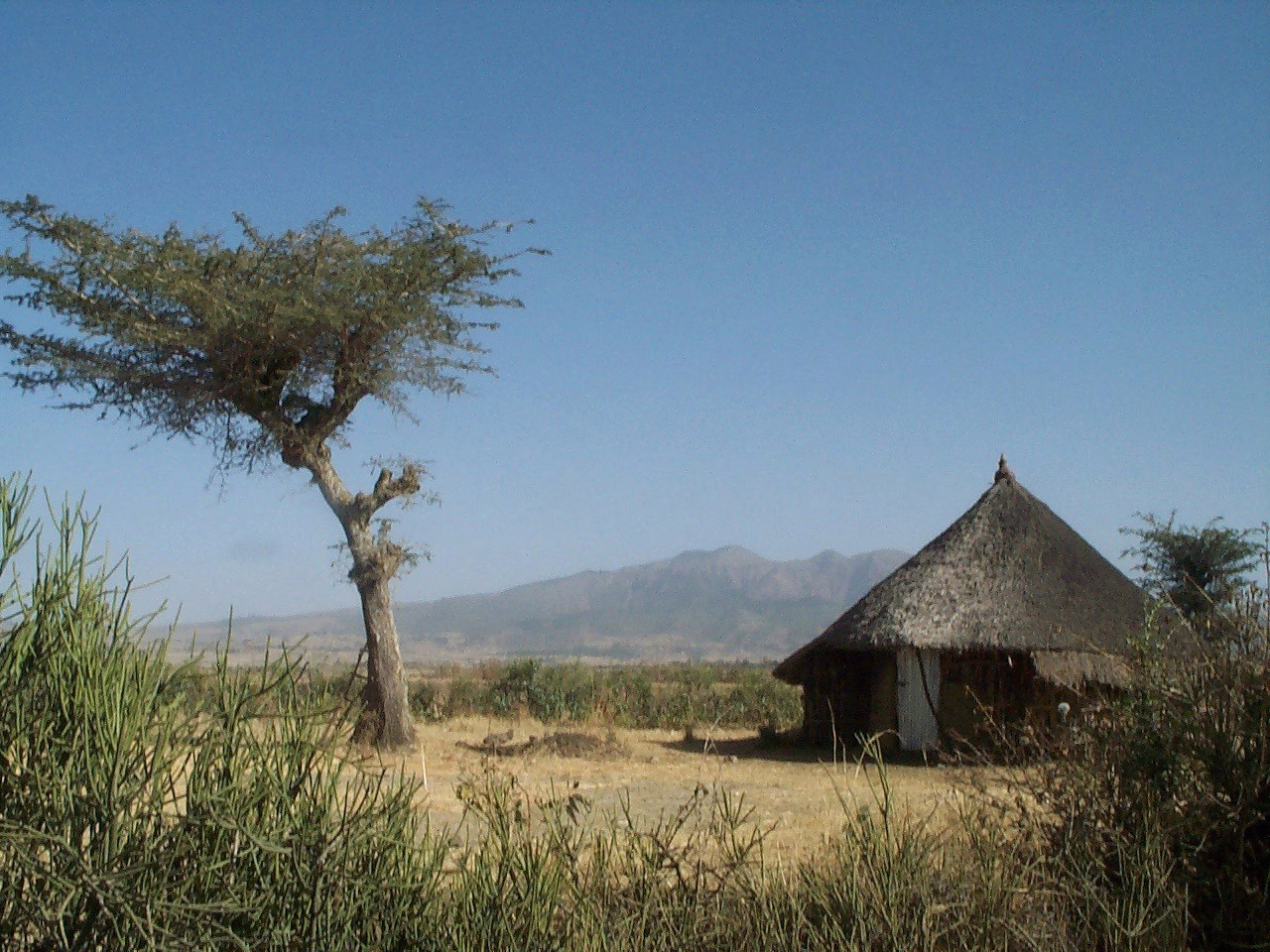Jeffrey Michler Honored with Outstanding Article by the Agricultural & Applied Economics Association
EthiopiaCountryside.jpg

Jeffrey Michler’s article “Money Matters: The Role of Yields and Profits in Agricultural Technology Adoption” has been named the 2019 Outstanding American Journal of Applied Economics Article by the Agricultural and Applied Economics Association (AAEA).
The AAEA supports member's work that address a broad range of topics such as the economics of agriculture, international and rural development, resources and the environment, food and consumer issues, and agribusiness.
“As an early career researcher, it’s great to have my work acknowledged and, in many ways validated, by leaders in the field,” said Jeffrey Michler, an assistant professor of Agricultural-Resource Economics. “It sets the bar very high and motivates me to ensure my future work is of equal or even better quality.”
“The article is relevant to efforts in CALS to address important issues like feeding the world's population, as well as enhancing the welfare of rural people in Africa and beyond,” said Gary Thompson, head of the Department of Agricultural and Resource Economics.”
About “Money Matters: The Role of Yields and Profits in Agricultural Technology Adoption”
Economists believe that one reason why some countries are poor is because they have low levels of productivity. As an example, farmers in the United States frequently produce ten tons of corn per hectare while a typical farmer in Sub-Saharan Africa will only be able to produce two tons per hectare. But what explains these differences in yield? Why are farmers in developed countries able to get so much more production out of the same unit of land than farmers in developing countries?
Economists have produced numerous answers to the above question. These answers include a lack of access to credit, a lack of property rights, missing input markets, and many other issues to numerous to mention. A lot of the focus has been on seed technology – that farmers in Africa are stuck growing low yielding varieties of seeds. Organizations like USAID and the Bill and Melinda Gates Foundation have spent tens of millions of dollars to develop new, high yielding varieties of seeds for use across the world. Despite all of this effort, adoption of these new seeds still continues to be depressingly low.
Jeff Michler and his co-authors tried to make sense of this puzzle by investigating a new variety of chickpea that has been made widely available to farmers in Ethiopia. What they found surprised them. Farmers were widely adopting the new variety despite not experiencing any increase in yields relative to the older, local chickpea varieties. However, they did find that growing the new variety allowed farmers to lower costs by reallocating crop production out of more costly crops and into the new chickpea variety. Compounding these cost savings was the ability of farmers to increase profits through the sale of chickpea to the market. These new variety had attributes (color, size, texture) that made it more desirable to consumers than the older local varieties.
Michler and his co-authors conclude that one reason adoption rates for new seed varieties has been low may be because of a lack of markets where farmers can sell their surpluses. Without complementary economic gains, which require markets for surpluses, increased physical gains are unattractive to potential adopters. The adoption success in Ethiopia has been the result of markets for the new chickpea variety in which farmers can sell their surpluses and reap economic benefits unavailable from growing and marketing less desirable traditional varieties. Policy and future research should reorient in a direction that considers both the physical and economic returns as factors that influence the adoption of agricultural technologies.


